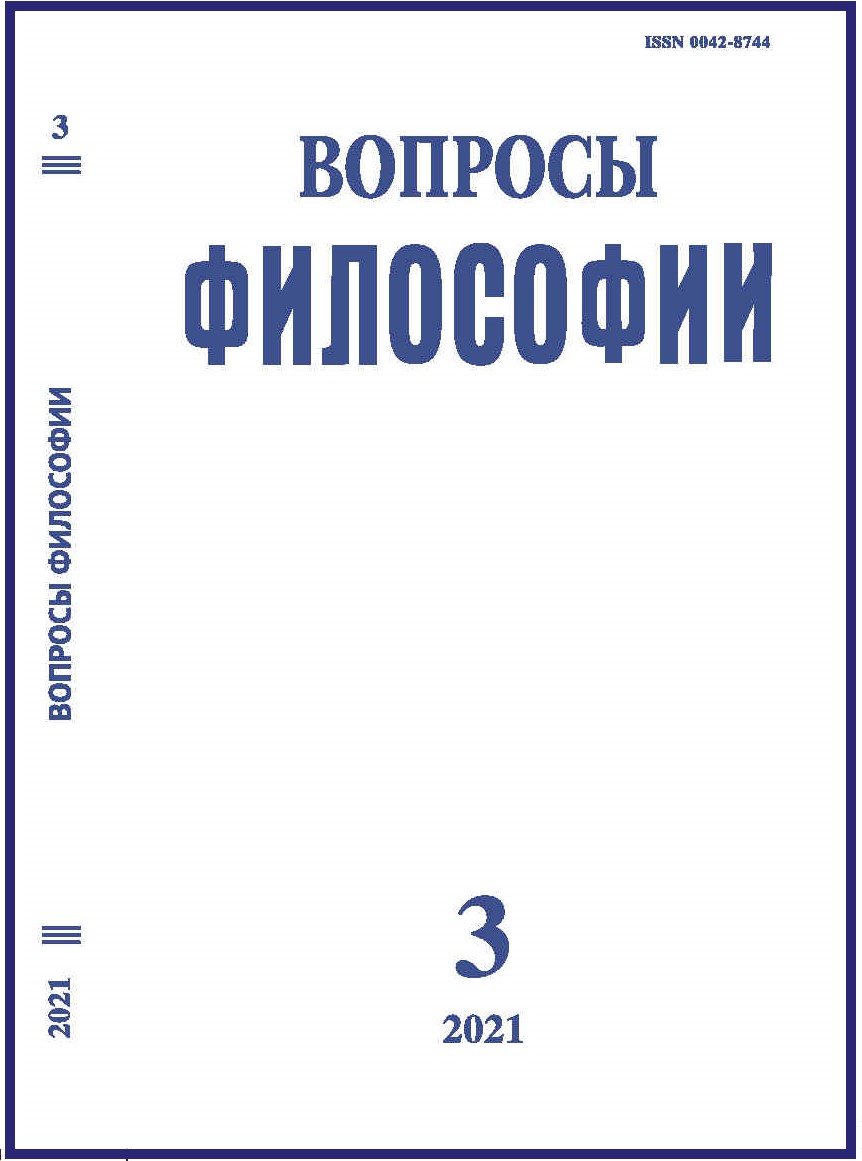Humboldtian Man vs. Utopian Future: On the Mission of University in the Modern World
DOI:
https://doi.org/10.21146/0042-8744-2021-3-47-51Keywords:
Wilhelm von Humboldt, freedom in education, university, reform, utopia, fictitious institute.Abstract
The article analyzes the significance of Wilhelm von Humboldt’s philosophical ideas about the model of the organization of university education in light of modern challenges. The fundamental ideas of the Humboldt’s project are discussed. The “fictitiousness” of the university as a social institution was the most important advantage of Humboldt's educational strategy. The educational agenda here is not determined by institutional interests, which means that it turns out to be flexible and does not seek to maintain the status quo. At the same time, it is the destruction of “fictitiousness” and the university's establishment as a “real” social institution that becomes one of the most important symptoms of the crisis in the modern academic world. One of the vivid expressions of this crisis is the priority of quantitative indicators of the educational process's effectiveness. The key difference of a modern university is its aspiration for the future. In turn, an appeal to the future turns out to be a pseudo-strategy of the educational process, since the future itself is an unattainable goal. At the same time, Humboldt’s project suggested that only in the image of a person does the ultimate goal of education find unlimited development opportunities. The author believes that returning to the “Humboldtian man” can be an important task for university reform in the modern world.

